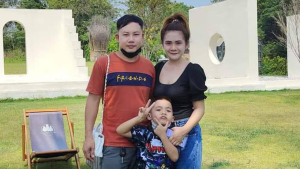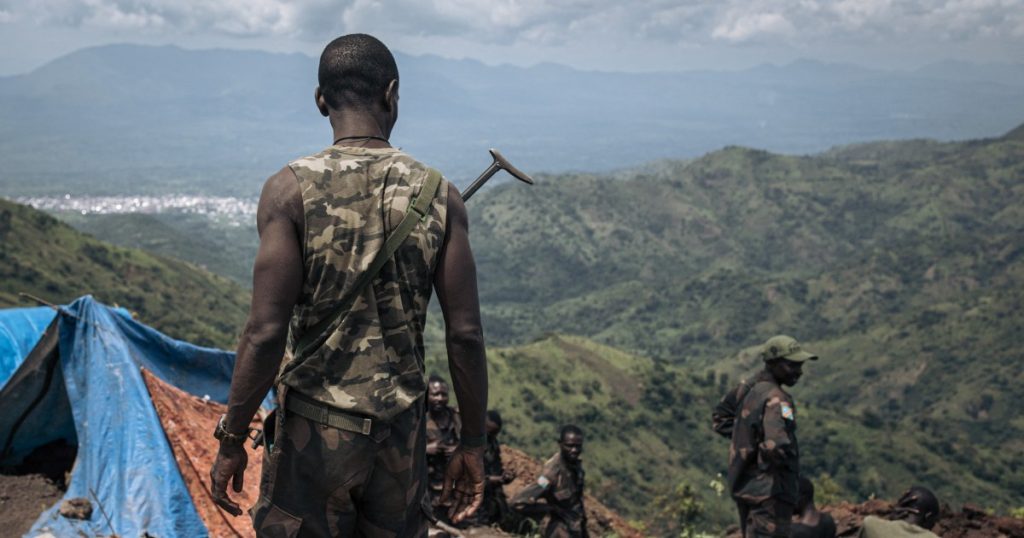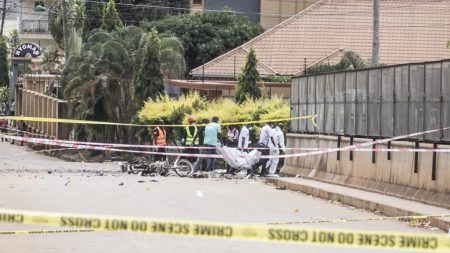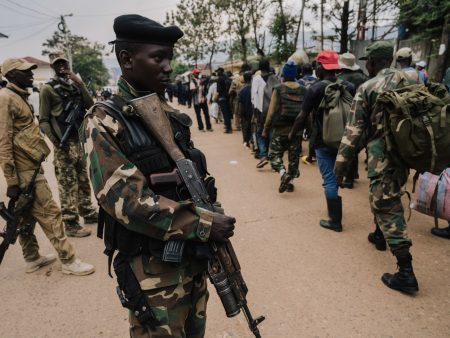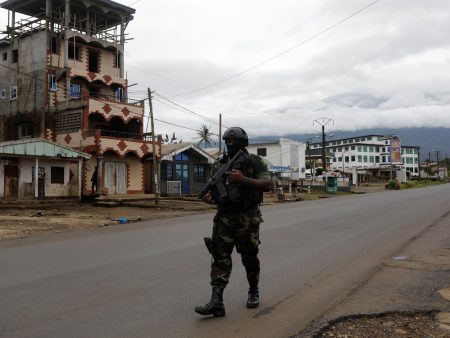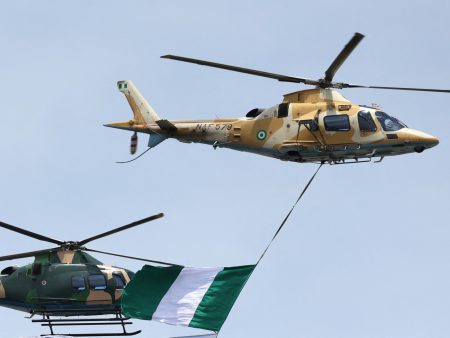The eastern Democratic Republic of Congo (DRC) remains a crucible of conflict, despite recent territorial gains by government forces. The Armed Forces of the DRC (FARDC) have successfully retaken several towns previously held by armed groups, offering a glimmer of hope amidst the enduring violence. These reclaimed areas, including Ngungu, a strategically significant town near Goma, the provincial capital of North Kivu, and several others in both North and South Kivu provinces, represent important victories for the FARDC. The army attributes these successes to a coordinated military operation led by provincial commanders, effectively halting rebel advances in these specific locations. However, this positive development is tempered by the sobering reality that the overall security situation remains precarious.
While the FARDC celebrates these tactical victories, the broader conflict continues to rage. The M23 rebel group, a major player in the ongoing violence, has made advances in other areas, solidifying their control over key villages, including the Masisi Center. This complex and fluid conflict underscores the fragmented nature of the fighting and the significant challenges facing the DRC. The persistent presence of over 100 armed groups competing for resources and control in the mineral-rich eastern region fuels the protracted instability. Furthermore, accusations of Rwandan support for the M23, vehemently denied by Rwanda, add another layer of complexity to the conflict, hindering efforts towards a peaceful resolution.
The human cost of this enduring conflict is staggering. The ongoing fighting has displaced nearly two million people since 2022, adding to the already immense humanitarian crisis that has gripped the region for decades. The eastern DRC is now home to one of the world’s largest displaced populations, a tragic testament to the devastating impact of protracted violence. Since 1998, an estimated six million people have lost their lives, and approximately seven million have been internally displaced, highlighting the immense suffering endured by the Congolese people.
The recent military gains, while welcome, have brought a complex mix of emotions to the displaced villagers. While the recapture of their hometowns offers a ray of hope for an eventual return, the prevailing insecurity continues to fuel fear and uncertainty. Residents of Ngungu, for instance, express cautious optimism tinged with anxiety. While relieved to be back in their homes, they remain acutely aware of the fragile security situation, as evidenced by ongoing violence and casualties. The fear of renewed attacks and the constant threat of artillery fire force many to seek safer ground further away from the conflict zones. This precarious situation highlights the urgent need for sustained security measures to ensure the safety and well-being of returning populations.
The relentless fighting has severely hampered humanitarian access to affected communities, exacerbating the already dire conditions. Aid organizations are stretched thin, struggling to provide essential services to the ever-growing number of displaced people. Camps and aid facilities are overwhelmed as more and more individuals seek refuge from the violence, placing immense strain on available resources. The lack of humanitarian responders in the region further complicates the situation, hindering efforts to provide much-needed assistance. The limited access to basic necessities, including food, water, shelter, and medical care, poses a grave threat to the health and well-being of the displaced population, particularly vulnerable groups such as women, children, and the elderly.
The cyclical nature of violence and displacement in the eastern DRC necessitates a comprehensive and multifaceted approach to address the root causes of the conflict. Military interventions, while crucial for securing territories and protecting civilians, are not sufficient on their own to achieve lasting peace. A sustainable solution requires addressing the underlying issues, including the proliferation of armed groups, illegal exploitation of natural resources, and the complex regional dynamics that fuel the conflict. Strengthening governance, promoting economic development, and fostering reconciliation among affected communities are essential for building a more stable and peaceful future for the eastern DRC. Furthermore, increased international cooperation and support are critical to providing adequate humanitarian assistance, facilitating peacebuilding initiatives, and holding perpetrators of human rights abuses accountable.

